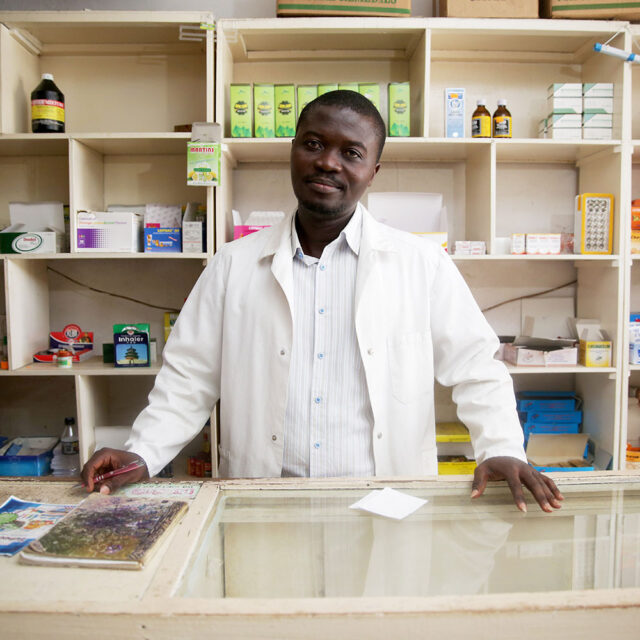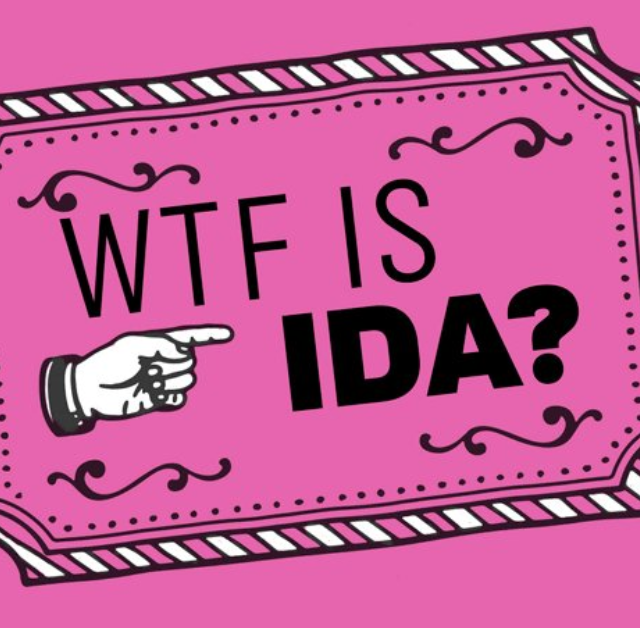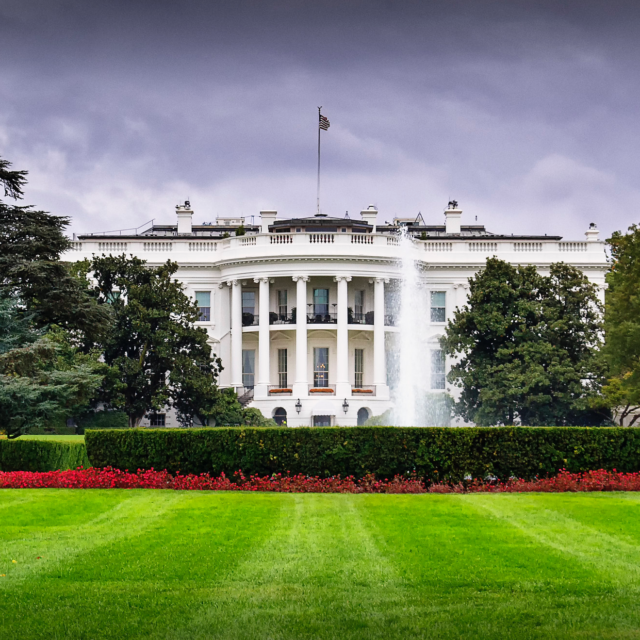This post is a joint effort between The ONE Campaign and the Millennium Challenge Corporation.
Walking into a room and flipping a power switch is something I do multiple times a day with little to no thought about whether or not the lights will turn on. In the United States, most of us take for granted not just that the lights will turn on, but also that the refrigerator will keep our food cold, the oven and microwave will warm up our food, and that our phones, laptops and plethora of other electronic devices will be charged.
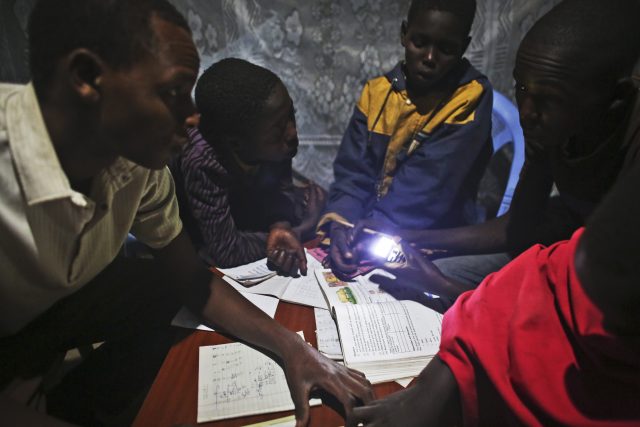
John Keko Mututua, age 16, left, studies with other children in his uncle’s eco manyatta, a traditional home that has a solar panel which provides electricity after dark, in the town of Susua, Kenya. (Photo credit: Tara Todras-Whitehill)
Unfortunately, the same assumptions cannot be made by roughly three-quarters of the people living in Africa today. In both cities and rural areas across the continent, the lack of access to electricity isn’t just an inconvenience, it creates health risks, limits education, and makes it incredibly difficult to run and grow a successful business. Some experts estimate that $55 billion per year in investments are needed in order to meet Africa’s electrification goals.
The Electrify Africa Act, which was signed into law in February 2016, ensures that improving and increasing electricity access is a core priority for U.S. foreign assistance. In a time of intense partisan divide, the Electrify Africa Act enjoyed strong bipartisan support, building on the launch of Power Africa in 2013, which brought together technical and legal experts, the private sector, and governments from around the world to work in partnership to increase the number of people who have access to electricity. The Millennium Challenge Corporation (MCC) is one of many Power Africa partners that is helping to turn the lights on in Africa.
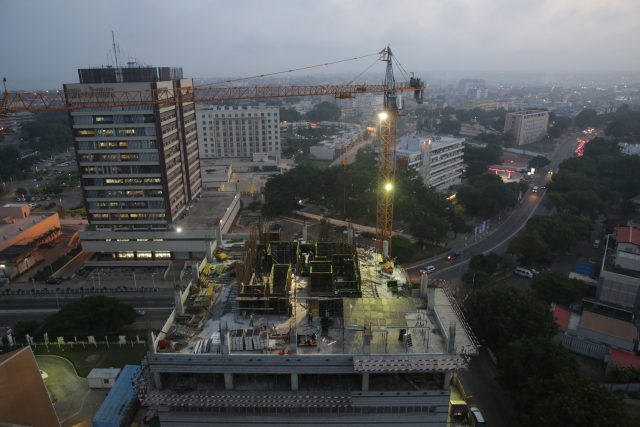
The aim of the five-year Ghana Power Compact is to create a financially viable power sector to meet the current and future needs of households and businesses, and to help fight poverty across the country. (Photo credit: MCC)
MCC is a small U.S. Government agency created by former President George W. Bush to fight global poverty in select poor countries with a demonstrated commitment to good governance. By investing in projects like power, clean water, land rights and roads, MCC empowers the poor and helps people lift themselves out of poverty. MCC has committed approximately $1.5 billion in support of the goals of Power Africa through compact and threshold programs that improve the quality and reliability of electricity access. Investments in Ghana ($498 million), Benin ($375 million), Malawi ($351 million), Liberia ($257 million), and Sierra Leone ($22 million) are designed to fight poverty and generate growth by helping countries deliver more reliable, affordable electricity to their people.
MCC’s country-led, data-driven approach guides its power sector projects. For example, in Liberia, MCC’s compact includes funding for the rehabilitation of the Mt. Coffee Hydropower Plant. It will also develop a training center for technicians working in the electricity sector, and it will support the creation of an independent energy sector regulator and a nationwide road maintenance framework. By investing in this way, MCC is not only helping to improve access to electricity in Liberia, but it is also helping to strengthen the capacity of the Liberian Government to run and maintain its own electricity infrastructure. The goal is to lay a foundation for growth and create an environment for additional private-sector investment that will decrease the need for international donor support.
In Tanzania a few years ago, ONE met a small-holder farmer named Kazija to learn about how access to electricity through a solar system impacted her livelihood. She went from earning $1.20 a day to $7.25 a day in just two years. This growth was possible because she received training on improving her farming methods and access to solar powered irrigation systems. Her initial profits were re-invested and she was able to purchase livestock. She also started a side business selling fruit juice because she could afford refrigeration to keep her products cold. With her new profits, she has built a new home, her children are in school, and her family is thriving. None of this would have been possible without access to power.
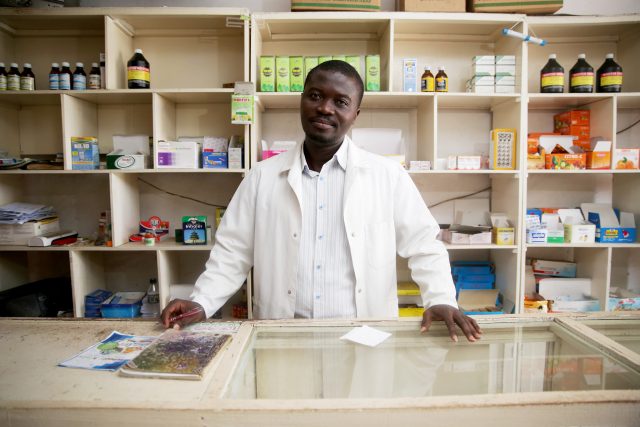
Due to unreliable electricity, Richie and his father couldn’t maintain a refrigerator to store life-saving medicines at their pharmacy. But MCC and the Government of Ghana are working to create a power sector that meets the needs of Ghana’s people and businesses. (Photo credit: MCC)
In Ghana, people are confronting the same challenges that Kazija faced, and demand for power is far outpacing the power sector’s ability to provide supply. Last year, MCC visited 5th Avenue Chemist, a pharmacy Richie and his father had been running for 16 years. But because of power outages and unreliable electricity, they couldn’t maintain a refrigerator that would allow them to store and sell life-saving medicine like insulin. And when the power went out, they lost business. In fact, they saw a 90 percent decrease in business during the worst power outages. Together with the Government of Ghana, MCC is working to create a viable power sector that will meet the needs of Ghana’s people and help small business owners access electricity without relying on costly generators.
MCC is fundamentally all about reducing poverty by eliminating key barriers to economic growth in its partner countries. Lack of reliable access to electricity is far too often a huge barrier to growth that keeps people trapped in poverty. In partnership with African governments, MCC is working to increase access to electricity across the continent so people like Kazija and Richie have a better chance at economic opportunity that can transform their lives.
